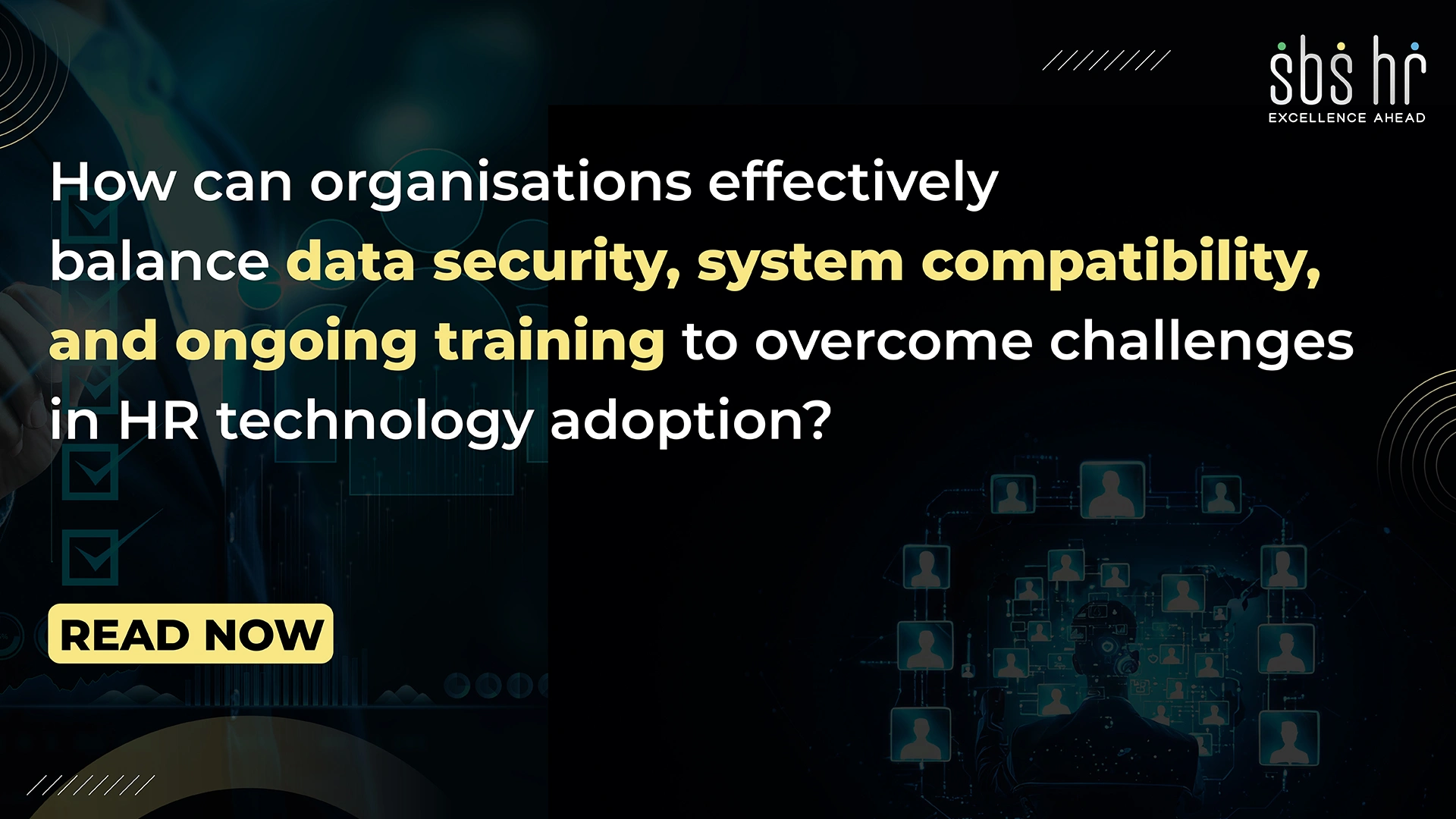The integration of HR technology has significantly impacted organisational practices by enhancing efficiency, improving employee experiences, and enabling data-driven decision-making. The rapid evolution of HR technology has transformed various facets of business operations, such as recruitment, onboarding, payroll, and performance management, making HR departments more agile and effective. However, companies face several challenges when implementing HR tech, including data privacy concerns, integration issues, and the need for continuous upskilling of HR Expertise.
How can organizations effectively balance data security, system compatibility, and ongoing training to overcome challenges in HR technology adoption?
Solutions to these challenges involve ensuring robust data security measures, selecting compatible systems that integrate smoothly with existing processes, and investing in ongoing training and development programs for HR staff to keep up with technological advancements.
Data Security and Privacy Concerns :
The increasing reliance on digital systems, the data security and privacy have become critical concerns. HR departments must implement robust security measures to protect sensitive employee information from cyber threats and breaches.
Cost Execution :
The initial cost of implementing HR technology can be significant. Organizations must weigh the benefits against the investment and plan for long-term returns. However, the cost should not deter adoption, as the long-term benefits often outweigh the initial expenses.
Web hooks (system integration) :
Integrating new HR technology with existing systems can be challenging. Organizations must ensure seamless data flow and compatibility between different platforms to avoid disruptions and inefficiencies.
Change Management :
Adopting new technology often requires a cultural shift within the organisation.
As we look to the future, trends like artificial intelligence, machine learning, and predictive analytics are expected to further shape HR technology adoption, driving even greater advancements in the workplace.
Some of the future trends in HR technology:
Cognitive Computing :
These technologies can automate complex tasks, such as predictive analytics for talent management, chatbots for employee queries, and personalized learning and development programs.
Blockchain for HR :
Blockchain technology has the potential to revolutionized HR by providing secure and transparent record-keeping, especially in areas like background checks, credential verification, and payroll processing.
Remote Work Solutions :
The rise of remote work has accelerated the adoption of HR technology that supports virtual collaboration and remote employee management. Tools for virtual onboarding, performance tracking, and employee engagement are becoming increasingly important.
Conclusion :
The adoption of HR technology at the workplace is no longer a luxury but a necessity. As organizations strive to stay competitive and create positive work environments, investing in HR technology becomes crucial.
While challenges exist, the benefits far outweigh them, promising a future where HR functions are more efficient, data-driven, and employee-centric. By embracing these technological advancements, organizations can unlock new levels of productivity, engagement, and success.
Transform your HR processes with the latest technology. Schedule a demo to see our solutions in action!


